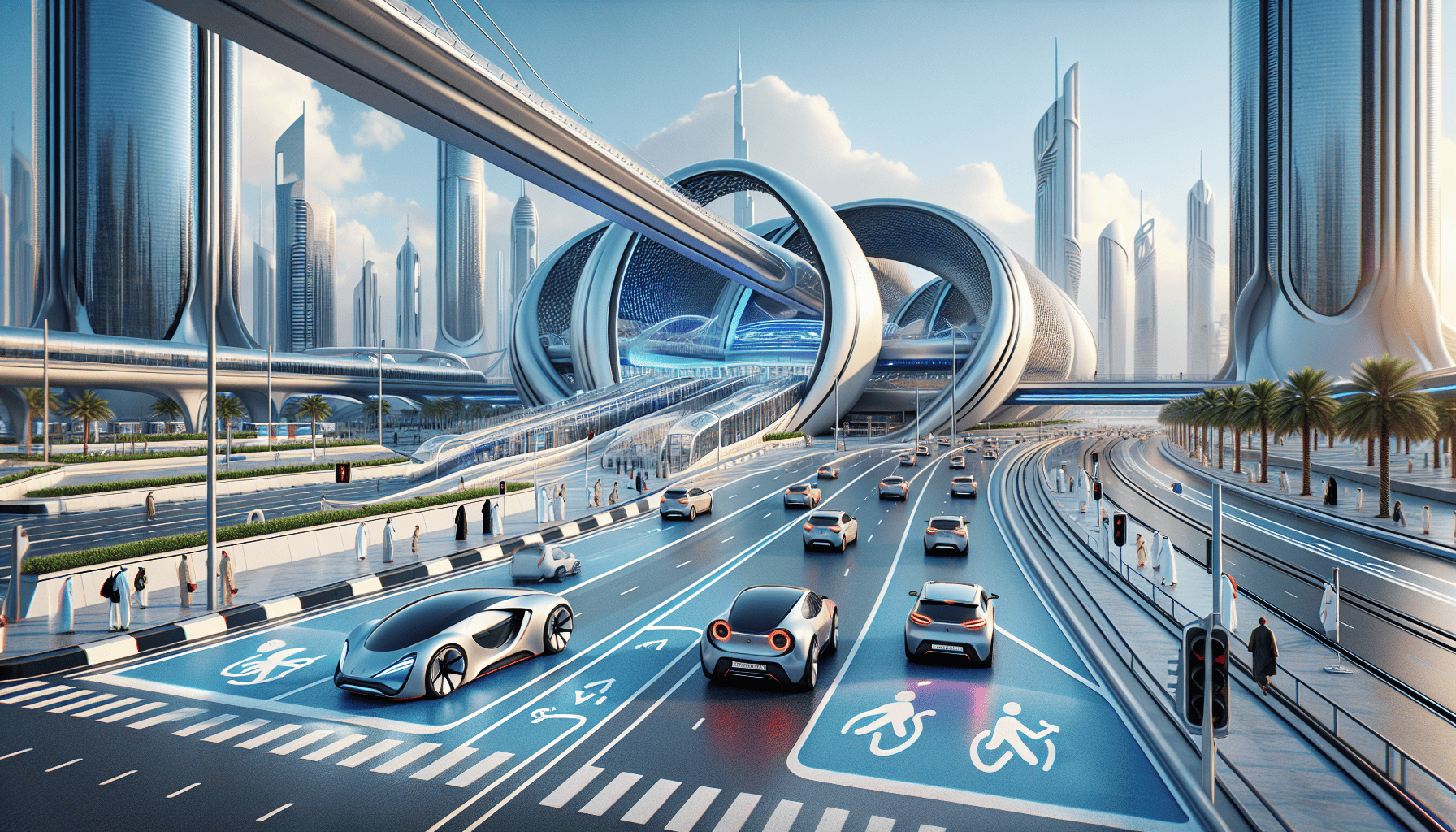The United Arab Emirates (UAE) is renowned for its rapid development and forward-thinking initiatives, and its future transport plans are a testament to this vision. With a focus on smart, efficient, and sustainable mobility, the UAE is poised to redefine the way people and goods move throughout the region. As the country continues to expand its urban landscapes, innovative transport solutions are becoming increasingly vital to ensure seamless connectivity, reduce environmental impact, and enhance the quality of life for its residents.
One of the cornerstone projects in the UAE's transport strategy is the development of a world-class public transportation system. The expansion of the Dubai Metro is a prime example. By integrating advanced technologies and expanding its reach, the metro aims to offer a reliable and eco-friendly alternative to private vehicles. Future plans include the introduction of driverless trains and the expansion of existing lines, further facilitating ease of movement within the bustling metropolis of Dubai.
Additionally, Abu Dhabi is making strides with its Sustainable Urban Mobility Plans (SUMPs), focusing on creating pedestrian-friendly environments and enhancing public transport. This approach includes smart traffic management systems to improve road safety and reduce congestion, as well as the introduction of electric and autonomous vehicles.
The UAE is also investing in futuristic transport technologies such as the Hyperloop, an ultra-fast transportation system that promises to transform intercity travel. By reducing travel time significantly, the Hyperloop could connect cities like Dubai and Abu Dhabi in a matter of minutes, revolutionizing daily commutes and boosting economic activity by facilitating quicker transportation of goods.
On the aviation front, the UAE is keenly aware of the importance of sustainable practices. The country's airlines are increasingly investing in fuel-efficient aircraft and exploring renewable aviation fuels. These initiatives aim to enhance energy efficiency and reduce carbon footprints, contributing to the global effort against climate change.
Beyond infrastructure, the UAE is committed to embedding sustainable principles into its transport policies. The government has set ambitious targets to transition towards greener and more resource-efficient modes of transportation. This includes incentives for electric vehicle adoption, supporting the installation of extensive EV charging networks, and promoting car-sharing schemes.
In aligning with its vision for sustainable urban development, the UAE is also focusing on digital innovation. Smart city concepts are being integrated into transport systems, utilizing real-time data analytics for improved traffic management and planning. Through the adoption of artificial intelligence and the Internet of Things (IoT), cities are able to offer personalized, efficient, and connected travel experiences.
Ultimately, the UAE's future transport plans reflect a holistic approach, aiming not only to enhance mobility but also to promote economic growth, environmental sustainability, and social inclusivity. As the country positions itself as a global leader in transport innovation, these initiatives reinforce its commitment to creating a sustainable and integrated urban future. With these forward-thinking strategies, the UAE is setting a precedent for the world, demonstrating how nations can harmonize development, technology, and sustainability in the pursuit of smart mobility solutions.
